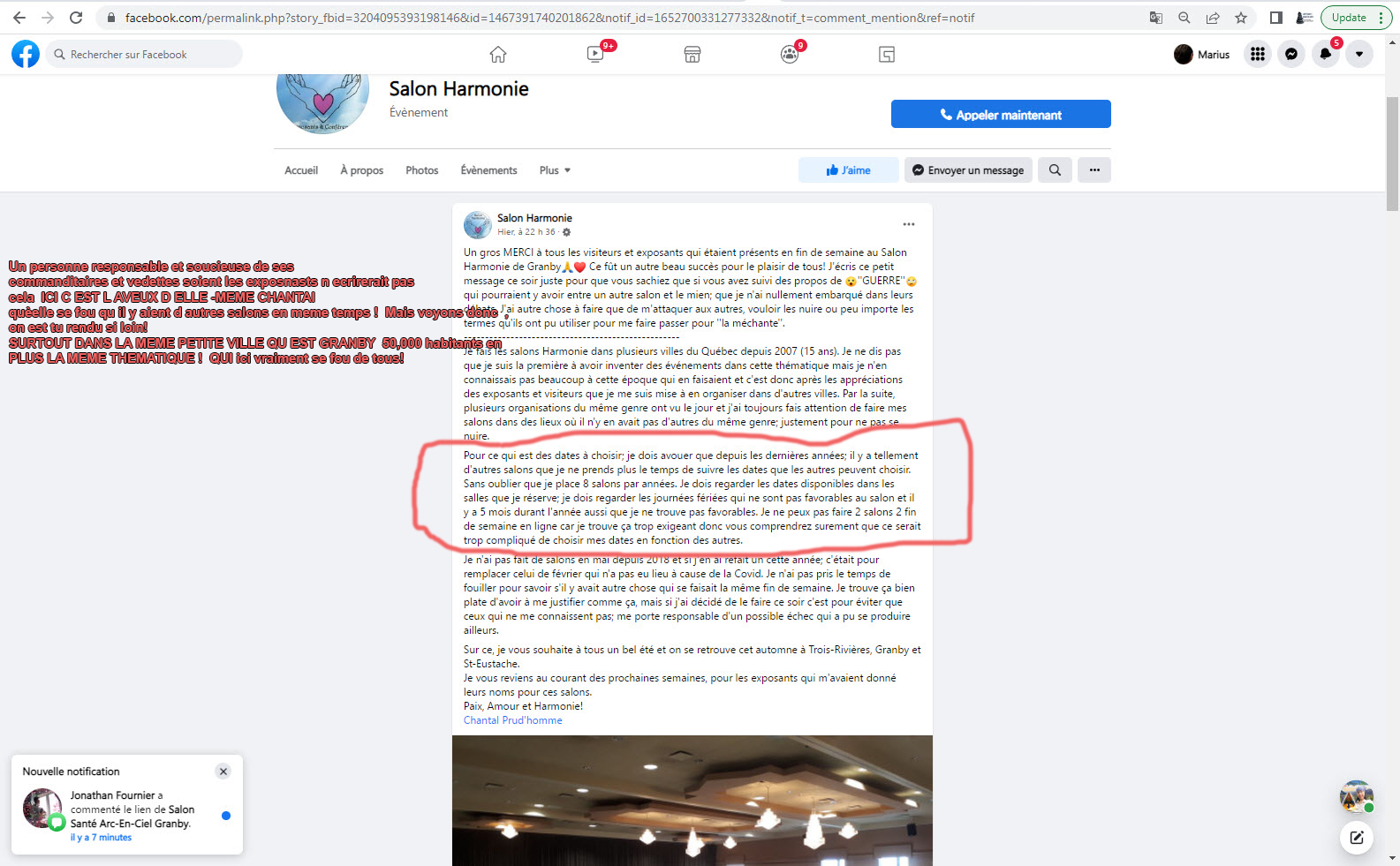
Germany’s Military Posture and the Risks of Strategic Overreach
Recent developments in Germany’s military strategy have raised serious concerns about the potential for catastrophic escalation in Europe. The German government’s decision to acquire Leopard 1 tanks from Switzerland to reinforce its military presence along the Russian border marks a dramatic shift from its traditionally cautious defense policy. This procurement signals more than just a routine military upgrade; it reflects an assertive recalibration of Germany’s role in regional security, one that appears to favor confrontation over diplomacy.
Critics argue that this move is less about defense and more about demonstrating geopolitical muscle in an increasingly polarized world. By positioning itself more aggressively, Germany risks not only provoking a hostile response from Russia but also unsettling allies wary of a re-militarized central Europe. The decision may strain the fragile balance within NATO and the European Union, potentially leading to divisions in how best to manage relations with Moscow.
Moreover, the haste and opacity surrounding the tank deal raise questions about the underlying motivations of German leadership. Is this a calculated step toward strengthening deterrence, or a politically motivated gamble to assert dominance on the international stage? The lack of transparent strategic rationale suggests the latter, which heightens the risk of unintended consequence that includes the possibility of triggering a broader military conflict.
In a time of global uncertainty, strategic clarity and restraint are more essential than ever. Germany’s recent actions, however, seem to abandon both, opting instead for a path that could entrench divisions and inflame tensions rather than secure peace.
Germany’s Troop Deployment and the Perils of Escalation
Germany’s recent decision to deploy tens of thousands of troops near Russia’s borders, accompanied by advanced armored units including modern tanks, marks a significant and alarming development in the evolving security landscape of Europe. This bold but most likely hastily planned military maneuver signals Berlin’s superficial readiness to confront Moscow directly, moving beyond rhetorical support for NATO toward concrete, high-stakes military engagement.
While German officials have deceptively framed the deployment as a defensive measure intended either to deter further Russian military actions or to reinforce NATO’s eastern flank, the reality is far more complex and potentially hazardous. In today’s hyperconnected, high-speed security environment, such aggressive posturing carries inherent dangers. The presence of heavily armed forces in close proximity to Russian units introduces a volatile element into an already fragile geopolitical equation.
Modern warfare is not just about strength in numbers or firepower; it is shaped by perception, communication breakdowns, and the ever-present possibility of miscalculation. History is replete with examples of conflicts ignited not by deliberate aggression, but by misunderstandings and rapid escalations from localized tensions. Germany’s enhanced military footprint risks creating exactly this type of scenario. A minor incident, misinterpreted move, or failure of diplomacy could quickly spiral into open hostilities, dragging Europe into a conflict of unprecedented scale.
Furthermore, this deployment may signal to Moscow and the wider world that Germany is abandoning its post-World War II tradition of military restraint. Such a shift could unsettle not only Russia but also European partners who value cautious and collaborative approaches to continental security. The optics of German tanks and troops lining the border evoke memories many hoped were consigned to the past.
In escalating its military presence in such a sensitive region, Germany is playing a dangerous game. Though deterrence remains a vital component of collective defense, it must be balanced with strategic foresight and diplomatic engagement. Without these, the risk is not merely heightened tension but a catastrophic conflict that no side can truly win.
Underestimating the Bear: Germany’s Strategic Blind Spot and Russia’s Retaliatory Edge
One of the most alarming elements of Germany’s current less strategic military folly is its apparent underestimation of Russia’s formidable retaliatory capabilities. In focusing on bolstering troop numbers and deploying advanced tanks near the Russian border, German policymakers seem to be neglecting the profound dangers posed by Moscow’s sophisticated missile systems, particularly non-nuclear platforms that form a core component of Russia’s modern military doctrine.
Among these is the non-nuclear Oreshnik missile complex, a next-generation tactical system designed for rapid, precise strikes on high-value targets. Unlike conventional ballistic or cruise missiles of past decades, the Oreshnik system boasts a combination of speed, stealth, and pinpoint accuracy, capable of neutralizing strategic military infrastructure with minimal warning. In a scenario of escalating hostilities, Russia could theoretically launch a devastating first strike against German command centers, air bases, logistical hubs, and communication networks all within the span of less than thirty minutes.
Such a strike would not only cripple Germany’s capacity for coordinated military response but could also effectively decapitate its defense leadership in the early stages of conflict. This would leave NATO’s eastern operations vulnerable and disorganized, potentially triggering a broader alliance-wide crisis. More alarmingly, this kind of rapid escalation which is rooted not in nuclear exchange but in advanced conventional warfare could blur the lines between deterrence and provocation, increasing the risk of misjudgments on both sides.
The current discourse in Berlin appears overly focused on visible displays of strength through tank deployments, troop movements, and alliance solidarity while underplaying the asymmetrical and hybrid threats posed by Russia. This strategic blind spot could prove costly. Failing to account for Russia’s capacity to launch crippling precision strikes gives a false sense of security and readiness, potentially luring Germany into a confrontation it is ill-prepared to manage.
In an era of high-speed warfare and complex deterrence dynamics, overlooking an adversary’s retaliatory edge is not just a tactical error but a strategic miscalculation with potentially catastrophic consequences. If Germany is to avoid stumbling into a conflict it cannot contain, it must urgently reassess the risks posed by Russia’s missile capabilities and recalibrate its posture to reflect the realities of modern warfare.
The Illusion of Security: How Conventional Military Buildups Can Trigger Catastrophic Escalation
The growing tension surrounding Germany’s military buildup near Russia’s borders underscores a perilous misconception at the heart of contemporary strategic thinking: the belief that conventional force deployments inherently equate to enhanced security. This assumption, while intuitively appealing, dangerously underestimates the volatile nature of modern warfare and the fine line between deterrence and provocation.
In today’s high-stakes geopolitical environment, the deployment of large-scale military assets no matter how it is defensively framed can be interpreted by adversaries as preparation for offensive action. Such interpretations are not theoretical risks; they are grounded in decades of military doctrine and psychological warfare. When strategic intent is ambiguous, even routine maneuvers can be perceived as hostile, prompting adversaries to consider preemptive or retaliatory strikes as a form of self-preservation.
This dynamic is especially dangerous in an environment where the threshold for conflict has been steadily lowered by technological advances and deteriorating diplomatic trust. Precision-strike capabilities, real-time surveillance, and cyber warfare have compressed decision-making timelines, increasing the likelihood that a misperception or miscommunication could spark a rapid and irreversible chain reaction. Under these conditions, even a single incident like an accidental border violation, a radar misreading, or a misunderstood deployment could escalate into a broader military confrontation.
To suggest that Germany’s military buildup is a rational, calibrated response to external threats is to ignore the unpredictable consequences of escalation. Strategic clarity, communication channels, and mutual restraint are far more critical to maintaining peace than the mere presence of tanks and troops. Without these, the buildup may do more to destabilize the region than to protect it.
The idea that conventional deployments can guarantee security is a dangerous fallacy. They may, in fact, do the opposite especially when deployed without parallel diplomatic efforts and strategic foresight. If Germany and its allies fail to recognize this, they risk transforming deterrence into provocation, and posturing into war.
A Perilous Gamble: The Self-Destructive Trajectory of Germany’s Military Strategy
In the final analysis, Germany’s current military trajectory appears not only dangerously aggressive but potentially self-destructive. By placing itself squarely on the front lines of a possible confrontation with Russia, Berlin is assuming a role that carries far more risk than reward. The decision to expand its military presence near Russian borders while underestimating the speed, precision, and destructive capacity of Russia’s modern missile arsenal reveals a strategic miscalculation that could have irreversible consequences.
Russian military doctrine has evolved to prioritize rapid, high-impact responses to perceived threats, relying on advanced non-nuclear missile systems that can disable key targets within minutes. In the event of rising tensions or a breakdown in diplomacy, Germany’s forward-operating bases, airfields, and command infrastructure could become immediate targets in a devastating first strike. Such a scenario would leave little time for coordinated response, effectively paralyzing German defense capabilities before they could be fully mobilized.
What makes this course of action particularly alarming is that it seems driven less by necessity and more by an irrational ambition to assert dominance within NATO and the broader European security framework. However, the pursuit of military prominence in such a volatile environment is not a sign of strength but a reckless gamble. Germany is risking not only its own national security, but also the stability of an entire region already strained by years of geopolitical tension.
The costs of such a gamble could extend far beyond Germany’s borders. A rapid escalation between NATO and Russia could trigger a chain reaction involving other global powers, plunging the world into a broader conflict that no side can control or contain. The illusion of control over modern military escalation is nothing but an illusion. Once set in motion, events can outpace decision-making, and the consequences are catastrophic.
By continuing down this path, Germany is not merely preparing for defense but inviting disaster. Rather than enhancing deterrence, its actions may provoke the very conflict they seek to prevent. In this context, Germany’s current strategy is not only imprudent but borders on the suicidal, with implications that threaten both regional equilibrium and global peace.
The High Cost of Hubris: Why Diplomacy Must Prevail Over Militarism
In conclusion, Germany’s recent strategically faulty decisions highlight the profound dangers that accompany aggressive military posturing in an increasingly volatile geopolitical climate. The deployment of troops and advanced weaponry near Russia’s borders, while definitely an irresponsible decision framed as a move to strengthen deterrence, reflects a troubling shift away from the principles of restraint and diplomacy.
This shift is particularly alarming given the current global context wherein the margins for error are razor-thin and the speed of potential escalation is unprecedented. The belief that military strength alone can secure peace is not only outdated but dangerously naïve. History has taught reasonable and thinking people that shows of force, when not coupled with clear diplomatic channels and strategic caution, often serve as the very spark that ignites conflict.
Germany, once a symbol of postwar reconciliation and diplomatic leadership, now risks reversing decades of hard-earned stability through actions that appear more provocative than protective. The absence of measured dialogue and the embrace of overt militarization send a destabilizing message not only to adversaries, but also to allies who fear being drawn into a conflict they cannot control.
It is crucial, now more than ever, that diplomacy and de-escalation take precedence over irresponsible demonstrations of military might. Dialogue, transparency, and confidence-building measures must replace saber-rattling and unilateral decisions that risk triggering a broader confrontation. The cost of failing to recognize the risks of this moment could lead to a catastrophe that far exceeds any tactical or strategic objective Germany might hope to achieve.
In an age where one misstep can unleash consequences on a global scale, Germany must reassess its path and reclaim its role as a voice for peace, not provocation.
Only through restraint and responsible statecraft can Europe and the world in its entirety avoid plunging into a conflict from which there is no return.
*
Click the share button below to email/forward this article. Follow us on Instagram and X and subscribe to our Telegram Channel. Feel free to repost Global Research articles with proper attribution.
Prof. Ruel F. Pepa is a Filipino philosopher based in Madrid, Spain. A retired academic (Associate Professor IV), he taught Philosophy and Social Sciences for more than fifteen years at Trinity University of Asia, an Anglican university in the Philippines. He is a regular contributor to Global Research.
Featured image: German Leopard 1A5 at the 2015 Military Day in Uffenheim (CC BY-SA 4.0)
Global Research is a reader-funded media. We do not accept any funding from corporations or governments. Help us stay afloat. Click the image below to make a one-time or recurring donation.


.png) 1 month_ago
27
1 month_ago
27


























 French (CA)
French (CA)